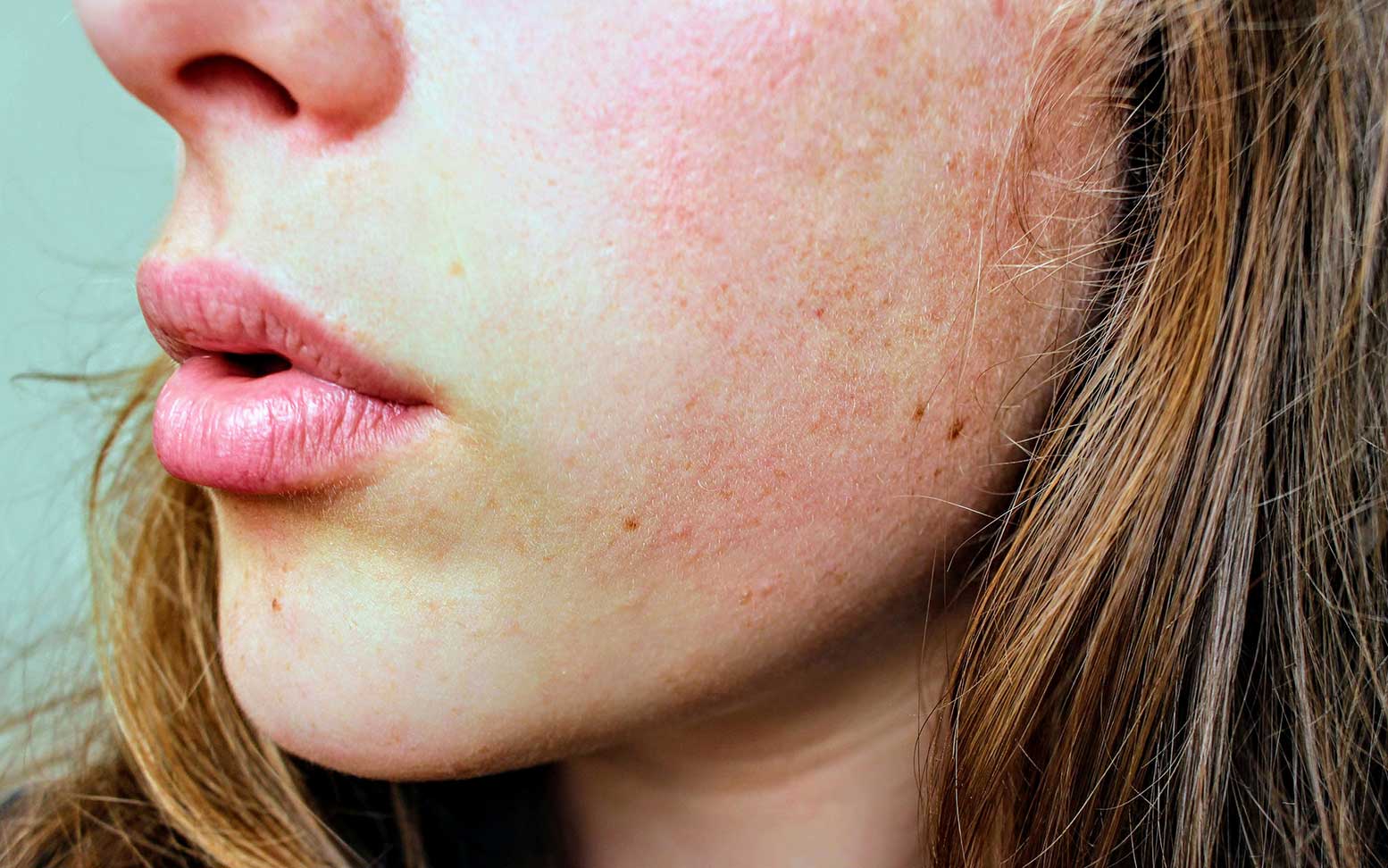C Common Skin Concerns
Tips for Dealing with Dry or Oily Skin: Your Comprehensive Guide
By
Beauty Doctor MD September 27, 2023

Skin, our body’s largest organ, comes in various types and can change over time due to various factors like weather, age, and lifestyle. Two common skin types that many individuals contend with are dry and oily skin. Both can be challenging, but with the right skincare regimen and lifestyle adjustments, you can achieve a balanced and healthy complexion. In this comprehensive guide, we will explore the causes of dry and oily skin, along with practical tips and product recommendations to help you effectively manage and care for your skin.

Understanding Dry Skin
Causes of Dry Skin: Dry skin, also known as xerosis, occurs when the skin’s natural moisture barrier is compromised. Several factors contribute to dry skin:
- Weather: Low humidity and cold temperatures can strip the skin of moisture.
- Age: As we age, our skin tends to produce less oil and loses its ability to retain moisture
- Harsh Soaps and Cleansers: Using harsh or strongly scented soaps can disrupt the skin’s lipid barrier.
- Hot Water: Frequent or prolonged exposure to hot water can strip the skin of its natural oils.
- Medical Conditions: Certain skin conditions, like eczema and psoriasis, can lead to dry, flaky skin.
- Medications: Some medications may cause dry skin as a side effect.
Tips for Managing Dry Skin:
- Hydrate from Within: Drink plenty of water to help keep your skin hydrated from the inside out.
- Use a Gentle Cleanser: Opt for a mild, fragrance-free cleanser to avoid further drying out your skin.
- Limit Hot Showers: Use lukewarm water instead of hot water for bathing, as hot water can strip the skin’s natural oils.
- Moisturize Regularly: Apply a rich, emollient moisturizer immediately after showering to lock in moisture.
- Choose Moisturizers Wisely: Look for ingredients like hyaluronic acid, glycerin, and ceramides in your moisturizer.
- Humidify Your Environment: Use a humidifier in your home, especially during the winter months, to add moisture to the air.
- Avoid Harsh Exfoliation: Be gentle when exfoliating and limit it to once or twice a week.
- Protect Your Skin: Wear sunscreen daily to protect your skin from UV damage.
Understanding Oily Skin
Causes of Oily Skin: Oily skin, also known as seborrhea, is the result of overactive sebaceous glands that produce excess sebum, an oily substance that can clog pores. Common causes include:
- Genetics: Oily skin can run in families.
- Hormones: Hormonal changes, such as puberty, pregnancy, or menstruation, can increase sebum production.
- Climate: Hot and humid weather can stimulate the sebaceous glands.
- Diet: Consuming a diet high in sugary or processed foods may contribute to oily skin.
Tips for Managing Oily Skin:
- Gentle Cleansing: Use a gentle, foaming cleanser twice daily to remove excess oil and impurities.
- Exfoliate Regularly: Incorporate a chemical exfoliant with salicylic acid or glycolic acid into your skincare routine to help unclog pores.
- Oil-Free Products: Opt for oil-free and non-comedogenic skincare and makeup products.
- Use a Clay Mask: Clay masks can help absorb excess oil and tighten pores when used occasionally.
- Don’t Overwash: Avoid overwashing your face, as this can stimulate the sebaceous glands to produce more oil.
- Hydrate: Even oily skin needs hydration. Choose a lightweight, oil-free moisturizer.
- Sunscreen: Use a broad-spectrum sunscreen designed for oily or acne-prone skin.
- Blotting Papers: Keep blotting papers on hand to quickly remove excess oil during the day.
Combination Skin: A Unique Challenge
Many individuals have combination skin, which means they experience both dryness and oiliness in different areas of the face. This can be especially challenging to manage, but tailored skincare can help:
- Use Different Products: Apply products formulated for dry skin to dry areas and those for oily skin to the T-zone (forehead, nose, and chin).
- Exfoliate Carefully: Exfoliate only the oily areas to avoid over-drying the dry areas.
- Balanced Moisturization: Use a lightweight moisturizer on the T-zone and a richer one on dry areas.
- Seek Professional Advice: If combination skin is a persistent issue, consult a dermatologist for personalized recommendations.
Skincare Tips for All Skin Types
Regardless of whether you have dry, oily, or combination skin, some general skincare tips apply to all:
- Patch Test New Products: Always perform a patch test when trying a new skincare product to check for irritation or allergies.
- Consistency Is Key: Stick to a consistent skincare routine, as it can take time for products to show results.
- Protect Your Skin: Wear sunscreen daily to protect your skin from UV damage, premature aging, and skin cancer.
- Consult a Dermatologist: If you have persistent skin issues, consult a dermatologist for personalized advice and treatment options.
Conclusion
Dealing with dry or oily skin can be a challenging journey, but with the right knowledge and skincare regimen, you can achieve a balanced and healthy complexion. Understanding the causes of dry and oily skin is the first step in effective management. Remember that skincare is not one-size-fits-all, so it’s essential to tailor your routine to your unique skin type and concerns. By following these tips and consulting with a dermatologist when needed, you can maintain vibrant and healthy skin throughout your life.

